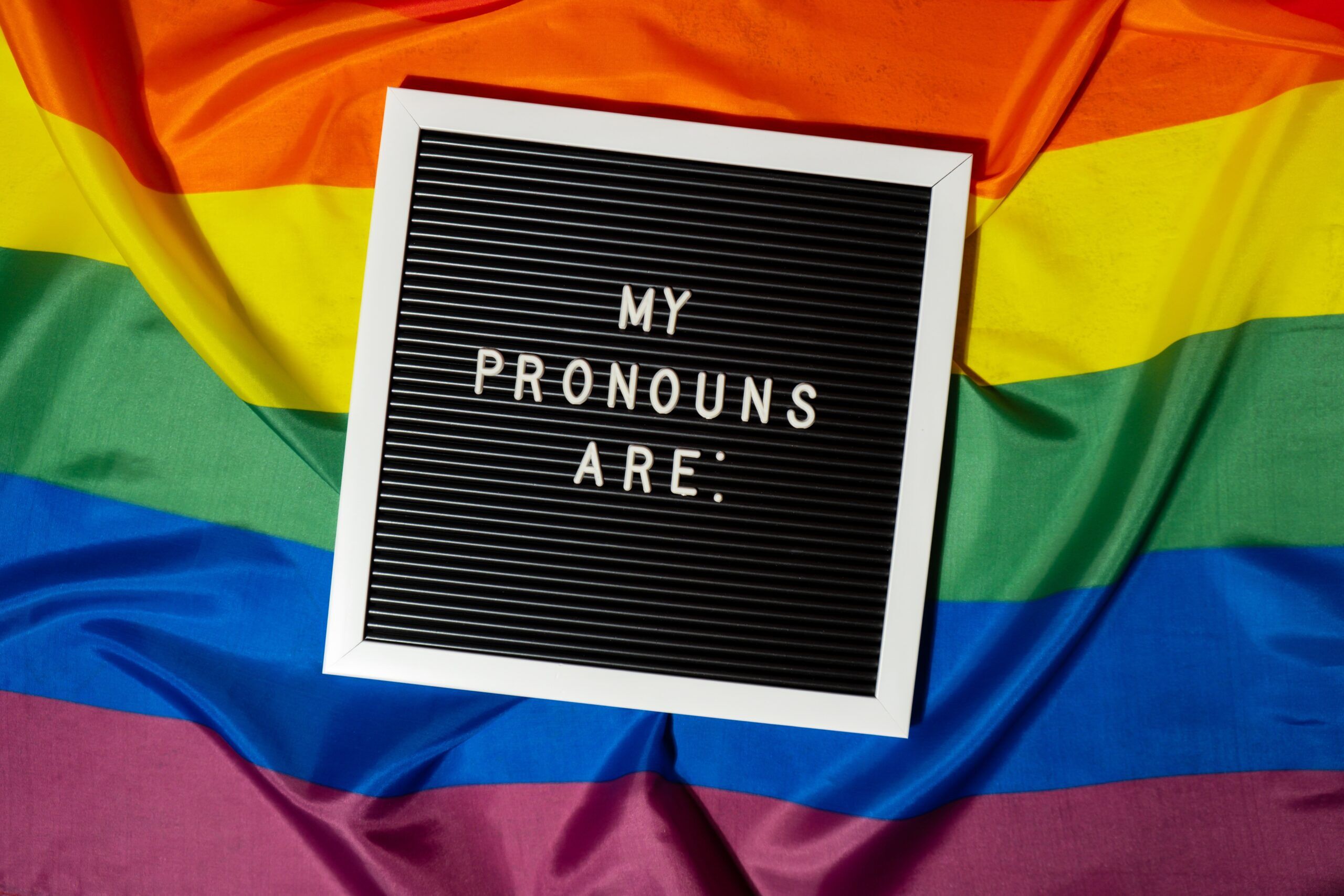The English language is constantly evolving, and today’s society is becoming more aware of the diversity in gender identities. One notable development in this area is the increased use of she/they and he/they pronouns. This article aims to shed light on the reasons behind this shift and the experiences of those who prefer these pronouns.
A Brief Background on Gender-Neutral Pronouns
Traditionally, English has used “he” or “she” to refer to individuals based on their gender. However, as societal understanding of gender expands beyond the binary, the need for more inclusive language has become apparent. The use of “they” as a singular pronoun has grown in prevalence as a solution to this issue.
In fact, Merriam-Webster named singular “they” the word of the year in 2019. According to the New York Times, “searches for the definition of ‘they’ on the publisher’s website and apps increased by 313 percent in 2019 over the previous year”.
This is further backed by Google Trends data showing a dramatic increase in awareness of and searches for “singular they” over time:
The use of “they” isn’t a new concept. It has been used in a singular sense for centuries to refer to someone whose gender is unknown or irrelevant. However, its adoption as a personal pronoun by individuals, regardless of their gender identity, is a relatively recent development.
Why She/They and He/They?
People choose to use she/they or he/they pronouns for various reasons. Some individuals identify as gender fluid or non-binary, meaning their gender identity does not fit within the traditional male/female binary. For them, these pronouns can be a way of expressing their fluid identity.
Others may use these pronouns as a form of solidarity with the LGBTQ+ community or to challenge traditional gender norms. Additionally, some people find comfort in the ambiguity these pronouns provide. This can allow them to navigate spaces without immediately revealing their gender identity and exposing themselves to potential gender-related biases.
RelatedHere are a few reasons why “they” isn’t the societal napalm so many armchair grammarians fear.
The Social, Cultural, and Political Implications
The acceptance and use of she/they and he/they pronouns have significant social, cultural, and political implications. They challenge the traditional binary understanding of gender and push for a broader, more inclusive view. This shift can lead to greater acceptance and understanding of different gender identities.
The use of preferred pronouns also has political implications. Many governments around the world are beginning to recognize and protect gender identity in law, particularly with regard to anti-discrimination legislation. This movement can be seen in countries like Canada, where individuals now have the right to express their gender identity without fear of legal repercussions.
RelatedExplore the inclusive term FLINTA, recognizing marginalized genders beyond the cisgender, male-centric norm.
The Importance of Respecting Pronoun Choices
Respecting someone’s chosen pronouns is a fundamental aspect of acknowledging their identity. Using the correct pronouns can make individuals feel seen, respected, and included. Conversely, misusing someone’s pronouns can cause them to feel disrespected and invalidated.
The rise in the use of she/they and he/they pronouns is an important step in the evolution towards a more inclusive society. The recognition of non-binary and gender-fluid identities challenges the traditional binary understanding of gender and fosters greater acceptance for individuals across the gender spectrum. It’s a powerful way of acknowledging the rich diversity of human experiences.
As we continue to navigate this ever-changing landscape of identity and self-expression, let us all commit to honoring every individual’s pronoun choices, thereby contributing to a world where everyone feels seen, respected, and included.
Subscribe to the INTO newsletter for updates on gender-inclusive language and other topics related to LGBTQ+ equality and our community at large.














